Being a leader isn’t something that comes naturally to most people.
It definitely didn’t for me.
When I started Crazy Egg, I had no idea how to hire a developer to create the product I saw in my head.
I ended up going through two of them before finding a long-term fit. I spent over $200,000 before we even launched.
But anyone can learn to be a good leader with enough practice.
Leaders we look up to today like Steve Jobs, Bill Gates, or Tony Robbins (and many others), didn’t start their businesses thinking, “I’m going to be a great leader.”
They started companies because they wanted to solve a problem in the world.
But to make that happen on a large scale, you need to grow a team.
To do that, you need to be an effective leader.
When you start to build your team, it may feel like people are following you because you sign their paychecks.
Eventually, your skills will grow, and people will follow your lead because of who you are.
Here are eight life hacks you can start implementing today to become a better leader.
Ask for feedback regularly
Let your employees know you want to hear what they think of you.
Not only will this give them the message that you value their input and expertise, but it also ensures you’re always learning and growing.
Part of your job is to give your team feedback to help them advance. Your team should be doing the same for you, but you have to ask them to.
Here are a few ways you can ask your team for feedback:
One on one meetings
Set up weekly or monthly one-on-one meetings where your employees are free to speak candidly about the company or you.
This gives everyone the chance to express their thoughts without fearing for their jobs.
The key is to keep these meetings positive and based on real company or leadership issues.
Don’t let them become sessions for your employee to complain about things like the water cooler breaking again.
Surveys
Send out anonymous surveys via email to capture feedback people may be nervous to share face to face.
Just because someone is shy doesn’t mean they don’t have a lot of good ideas to share.
Real time feedback
When announcing a big decision, simply ask your team what their opinion of it is.
At the next company-wide meeting where you’re announcing something big, ask your employees for their feedback.
An example could be if you’re switching everyone to a new healthcare plan.
Many of them might just have questions about the switchover.
Being open to all questions and comments shows that you’re not afraid to hear other points of view, even if they might disagree with your own.
Give feedback regularly
Your team expects you to give them feedback. They want you to.
But feedback doesn’t always need to mean a negative or constructive comment. Feedback is just as much about giving positive reinforcement.
In fact, employees rate managers as more effective when they give mostly positive feedback.
This doesn’t mean that the only thing your employees want to hear is “Good job!” and “Way to go!”.
They want genuine constructive criticism to help them grow. The trick is to balance it out so your employees don’t think you’re either praising too much or being too critical.
It’s a tough line to walk, but don’t be afraid to offer more feedback.
65% of employees want to hear more feedback, whether it’s positive or negative.
So chances are, your message will be gratefully received!
Spend most of your time listening
Virgin Airlines owner Sir Richard Branson says one of the most important skills an entrepreneur can have is to listen more than you speak.
Branson, a successful businessman, author, and legendary thinker on company culture, always carries a notebook to jot things down that he learns from other people.
What could one of the world’s richest billionaires learn from ‘common folk?’
That’s just it.
He doesn’t think anyone is below him, or above him. He considers everyone equal.
That’s part of the reason why his companies under the Virgin Group have excellent, employee-centric corporate cultures that people rave about.
Branson offers his employees unlimited vacation time for one thing.
But it’s not the fancy perks or casual attire that makes people stay at his companies. It’s the fact that they know they’re cared about.
He listens, takes advice, and works collaboratively with his staff to manage the business.
If he didn’t listen to anyone, he’d never find out what makes people want to work for his company.
The trick is to master active listening.
Active listening is a fancy way of saying that you’re actually paying attention to other people when they’re talking.
You could be delivering feedback, listening to someone’s idea, or just having a casual conversation.
Active listening sounds easy, but it takes some dedication to do it.
Many people assume they’re listening to a conversation, but their mind is actually distracted.
Think back to yesterday. Can you remember in detail any conversations you had?
Then you weren’t really listening.
Next time, try asking more questions to the person you’re talking with, and try repeating some key points back to them. It will show you’re listening, and you’re more likely to remember those points.
Stay humble
You know the expression “treat others how you want to be treated?”
It applies to business, too.
It isn’t groundbreaking, but it is important. Treating your employees how you want to be treated takes humility and the ability to check your ego at the door.
If you think you’re better than your employees because you founded a company or because they work for you, you’ll quickly find yourself without any team at all.
As Donn Carr said, “People work for people; they do not work for businesses.”
Who would want to work for a stuck up, egotistical manager?
They’ll find someone else to work for if that’s the case.
When I started my first successful business, I was young and inexperienced when it came to managing others.
I had no choice but to continue learning and building my business.
For me, long-term failure was not an option.
Sure, I had failed before I hit success with Crazy Egg, but I knew I had to be successful eventually.
Having grown up a son of immigrants who came to this country with nothing, I knew I wanted a different life. I wanted to build software that changed the world, but my attitude had to stay humble.
I never saw myself as “better than” anyone who worked for me, and I still don’t.
I’m grateful for everyone who’s helped build Crazy Egg, QuickSprout and KISSmetrics into what they are today. I know I couldn’t have done it without them.
Okay, enough about me.
What I’m trying to say is that you need to not just think about what your employees can do for your business. You need to think about what you can do for them.
Channeling a little bit of John F. Kennedy, but the same logic applies to business.
In essence, show your humility.
Stay up to date
As the head of your team, you’re the man or woman with the plan, right?
People trust you to know what’s going on in your industry. They also expect you to guide the company through tough economic times.
To do this, you need to stay up to date.
Watching the news or reading a few papers won’t do it. You need to actually build a network of other business owners and talk about current issues.
There are a couple of ways to do this.
Join a Meetup group.
Meetup.com has groups for almost everything. A Meetup is like a club. You can find a group you like, join it, and then attend events the group organizes.
When you land on the site, you can browse meetup groups by category:
Or search for your own topic:
Click on a group for more information. I chose the San Francisco chapter of the American Marketing Association.
When you’re on the group page, you’ll see an introduction and a button to join the group.
You can also scroll down to see upcoming events you could attend as a member of the group.
Meetups can be a great way to build a network of local businesspeople in your industry. Most events also have a presentation or speaker, so that you can learn some new skills too.
Join a professional association.
While Meetups are rather informal, professional associations are usually quite formal.
Most require you to pay an annual membership due or pay to attend their events. There are thousands of them out there.
The best way to find one for your industry is to search online or ask someone you know.
Some associations will be industry-specific, and others are broader. For example, Ellevate is a network for professional women from all industries.
Joining an association may set you back a few hundred bucks a year, but the learning and networking opportunities will earn you a return on that investment.
Just don’t join more organizations than you can keep up with. To get the real value out of them, you need to actually attend their events regularly.
Practice a lot
Like I said at the beginning, no one becomes a great leader overnight.
It takes a lot of hard work.
You will need to practice becoming an effective leader before you notice any significant improvement.
Then one day an employee may say something to you like, “Neil, I really admire the way you tell me what I need to work on. It’s motivating instead of making me feel like crap. I always look forward to learning new things from you!”
Wow.
That’s how I judge my success as a leader. Hearing a comment like that makes me feel like all the struggle of learning how to lead is so worth it!
But how much will you need to practice?
According to the experts, 10,000 hours of practice should cover it.
Often referred to as the “10,000-hour rule,” the theory was popularized by author Malcolm Gladwell in 2008 in his book “Outliers.”
The theory basically says that you need 10,000 hours of ‘deliberate practice’ at an activity or skill to become great at it. Of course, you should probably be sort of good at it in the first place, too.
Gladwell’s book talks about famous business people and athletes, people at the absolute top of the success pyramid, and how they got there.
He argues it isn’t just about having talent, though that’s important.
His research found that it was a combination of talent, luck, and extremely hard work that caused the meteoric rise of influential people like Bill Gates and John Rockefeller.
About 10,000 hours of hard work and practice was the deciding factor between ultimate success or failure.
Looking back, I’d say this rule was definitely applicable to me.
My first few attempts at online business failed, but I eventually found success as I honed my skills. I worked a lot more than eight hours a day, though, so I was able to master Internet marketing in less than five years.
Regardless of if you believe in the 10,000-hour theory or not, you can’t deny that practicing a skill makes you better at it.
You may not be the next Bill Gates, but you can build a software company with practice.
The same goes for leadership.
Maybe you won’t be headlining leadership conferences and speaking events with your groundbreaking approach to managing others, but you can improve where you are today.
Here’s how I ensure I’m practicing what I preach.
Keep a written list of skills you want to improve on.
How can you know where you want to go unless you have a map?
Write down key skills you want to improve in and check your list often. For leadership, your list could look like this:
- Giving constructive feedback in a positive way
- Preparing employee reviews ahead of time
- Better communicating my vision for the company
There are hundreds of things you could potentially write down. I suggest keeping it to about 10-20 items per year, so you don’t get overwhelmed.
Check in monthly.
Review your list of skills each month, and think about any progress you’ve made.
If you feel confident you’ve mastered one of the skills you wrote down, cross it off.
Nothing feels as satisfying as crossing a goal off your list!
No matter how you keep track of your development as a leader, it’s important to remember that you don’t have to know everything at first.
It’s okay to learn as you go.
Give credit where credit is due
If you’ve hit a milestone or exceeded a target, celebrate!
Reward your team with something fun like a free lunch or office party. No matter how you celebrate, remember to give credit where it’s due.
If Mark in Accounting figured out a way to save the company thousands of dollars, make sure everyone knows about it and that it was Mark’s idea.
This isn’t to make other employees feel bad or that they didn’t contribute anything. You should give praise to all team members when they’ve done something well.
The idea is that publicly recognizing employee contributions encourages more of the same helpful attitude and hard work from everyone else.
Be extremely focused
It’s one thing to work toward a goal slowly over time, but it’s another thing entirely to be laser focused on only that goal, blocking out everything else.
Steve Jobs, the former CEO of Apple, has been criticized for being insensitive to employee’s personal needs. Some people have called him rude.
I didn’t know him personally, so I can’t comment on that. But like him or not, you can’t deny that Steve Jobs was a visionary leader.
He helped turn Apple around from a failing company in 1997 to now, where it’s the world’s most powerful brand in 2017 according to Forbes.
Walter Isaacson, the author of Jobs’ biography, credits the success of Apple solely to Jobs’ ability to focus on only the most important tasks.
Jobs had a practice of only working on four or five key tasks each day. He blocked out everything else that didn’t relate to those tasks.
That’s really powerful.
Sometimes, there are things you can’t just block out, like a PR disaster or a major issue with your product. But being mindful of what you spend your time on each day is important.
I like to make a to-do list every day.
I only write down three things on it. Sometimes I have time to complete more tasks, and other times I struggle to get the three done in a full day.
That’s my list of regular tasks, but I also write down one leadership related task to do each day.
It could be something like preparing for an employee review or just remembering to tell someone I loved their work on a project.
Small actions add up over time.
By planning out a task each day, you’ll improve your leadership skills a little bit each day.
Just think of where you’ll be a year from now.
Conclusion
It takes a lot of determination to start your own business.
It takes the same amount of determination to become an inspiring leader your staff can look up to and enjoy working for.
If nothing else from this article sticks with you, remember to listen to your employees.
They’ll tell you what they need if you’re open to hearing it.
If someone tells you they want more feedback, make a plan to change your behavior and learn to give more.
Like most things in life, making a plan is the key to long-term success. In this case, success is becoming an effective leader.
Don’t forget that the world of business is human, too.
We all want to work somewhere we believe in, do important work, and be recognized for our contributions.
When in doubt about how to handle a leadership issue, like having to decide on layoffs or having to tell someone you’re letting them go, trust your human instinct. Treat them like you would want to be treated.
Be kind, but also push people to do their best work.
Be firm, but not strict or unfair.
And most of all, just listen.
What have been the best leadership lessons you’ve learned?

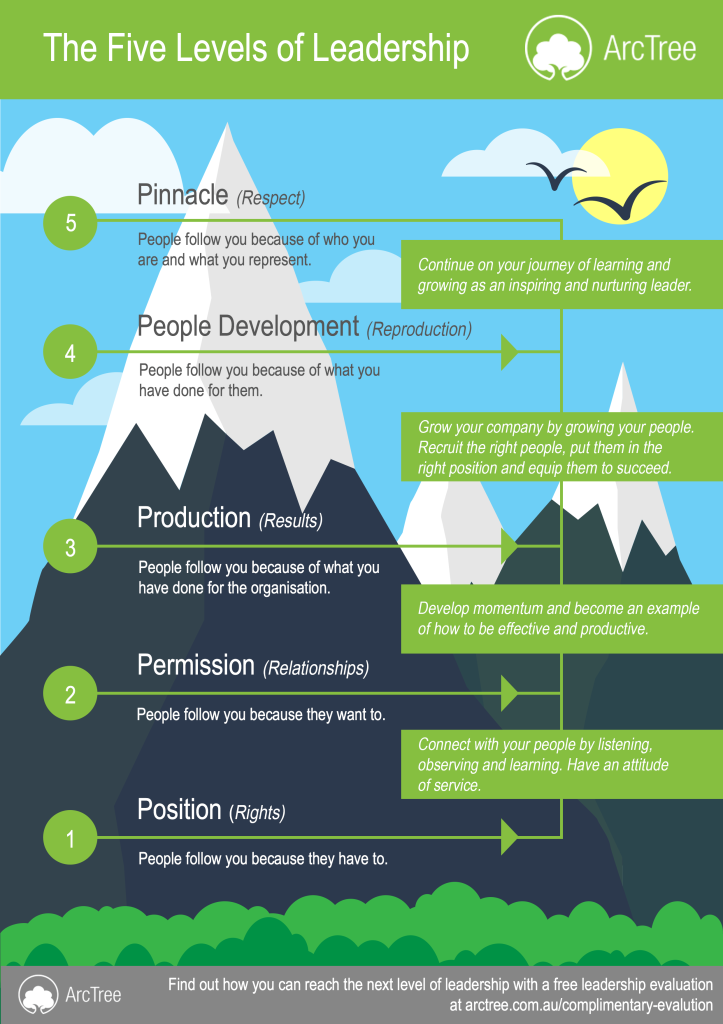
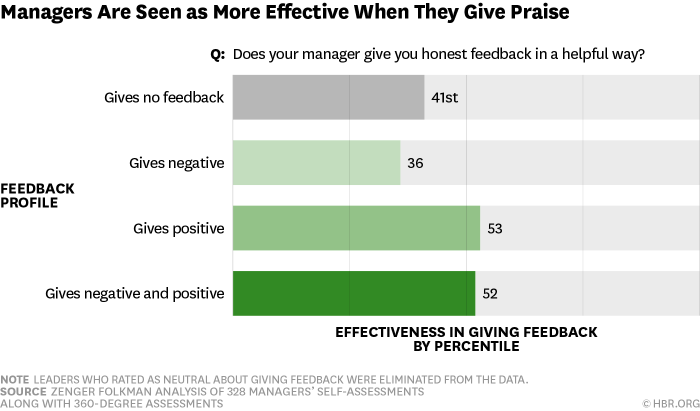
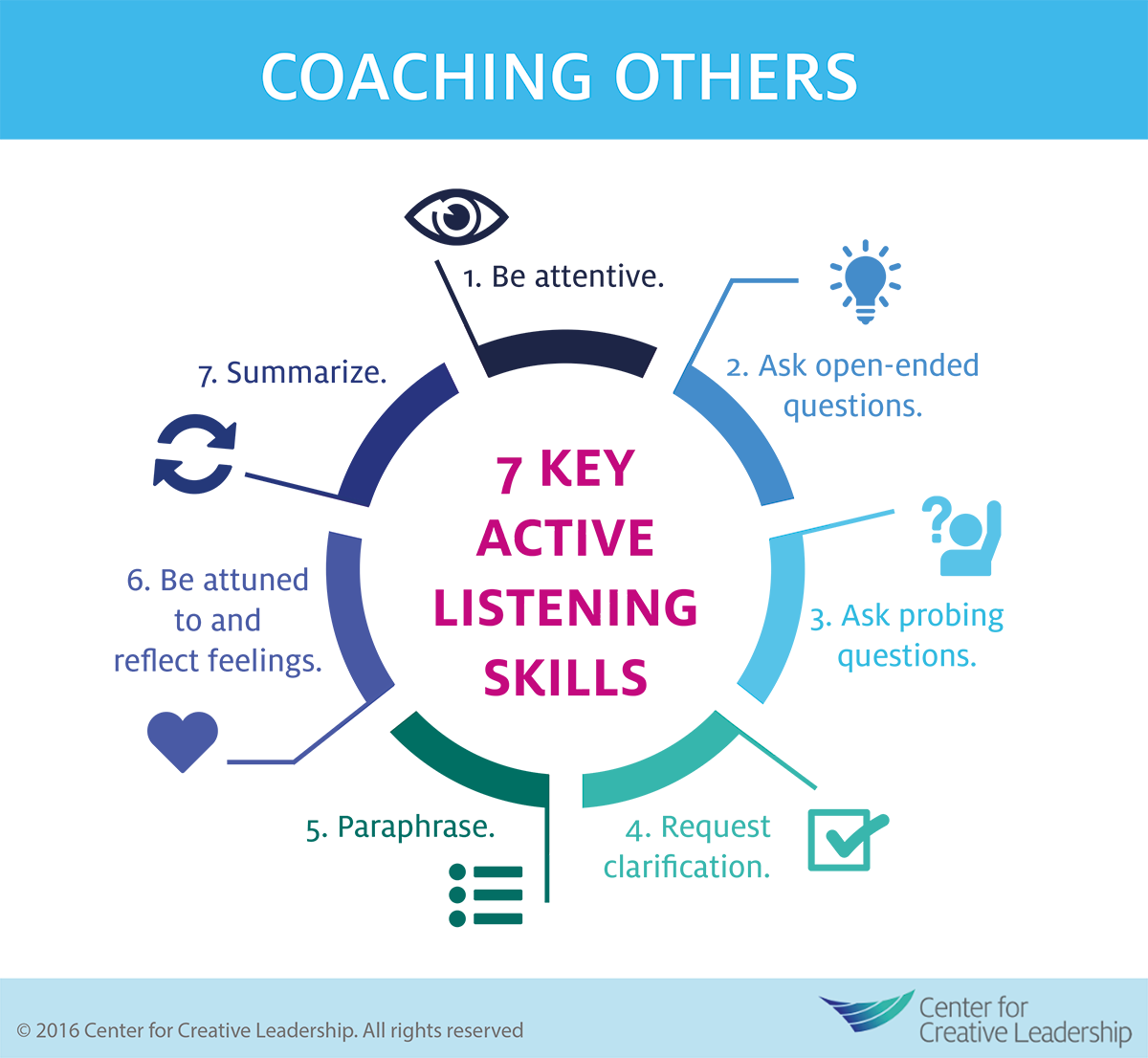
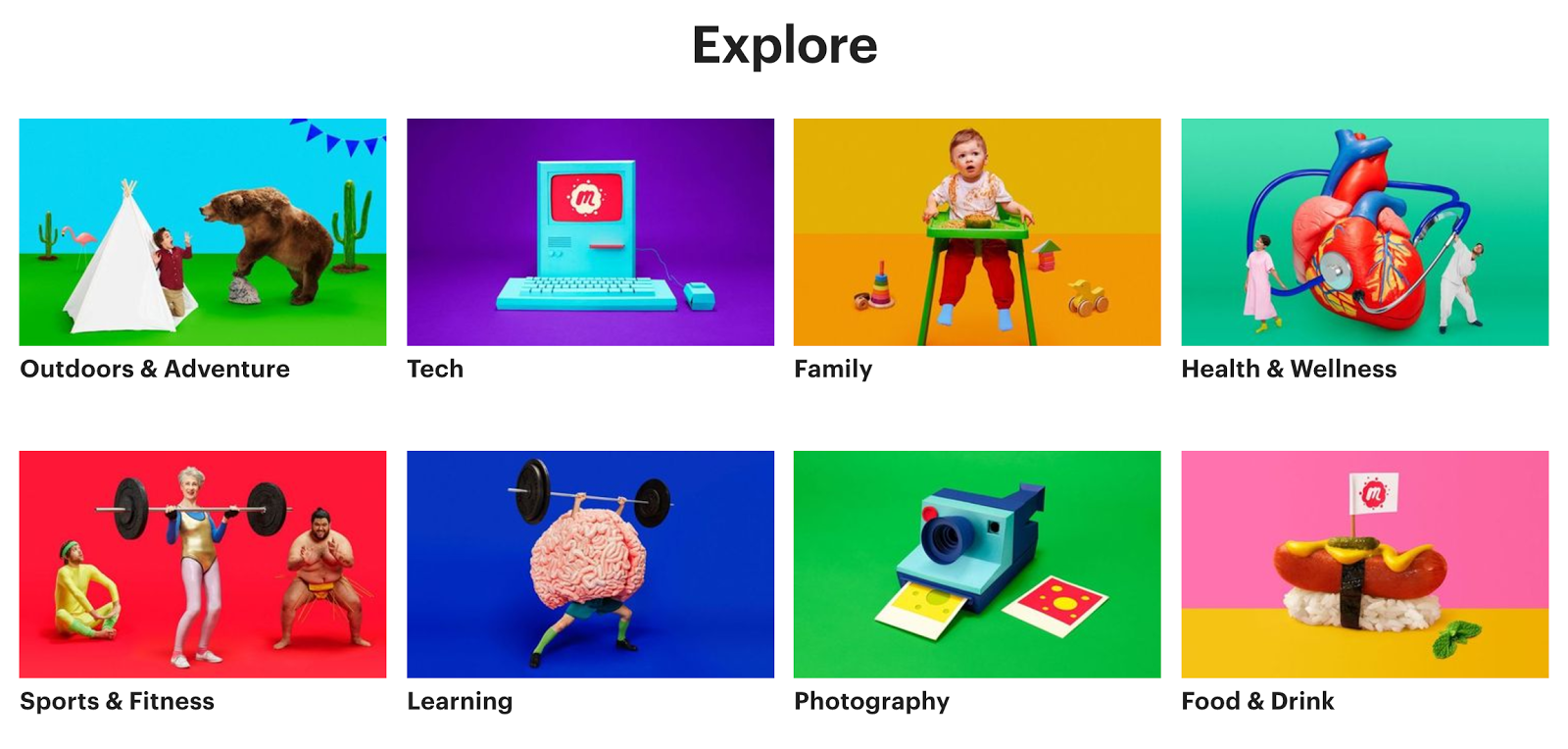
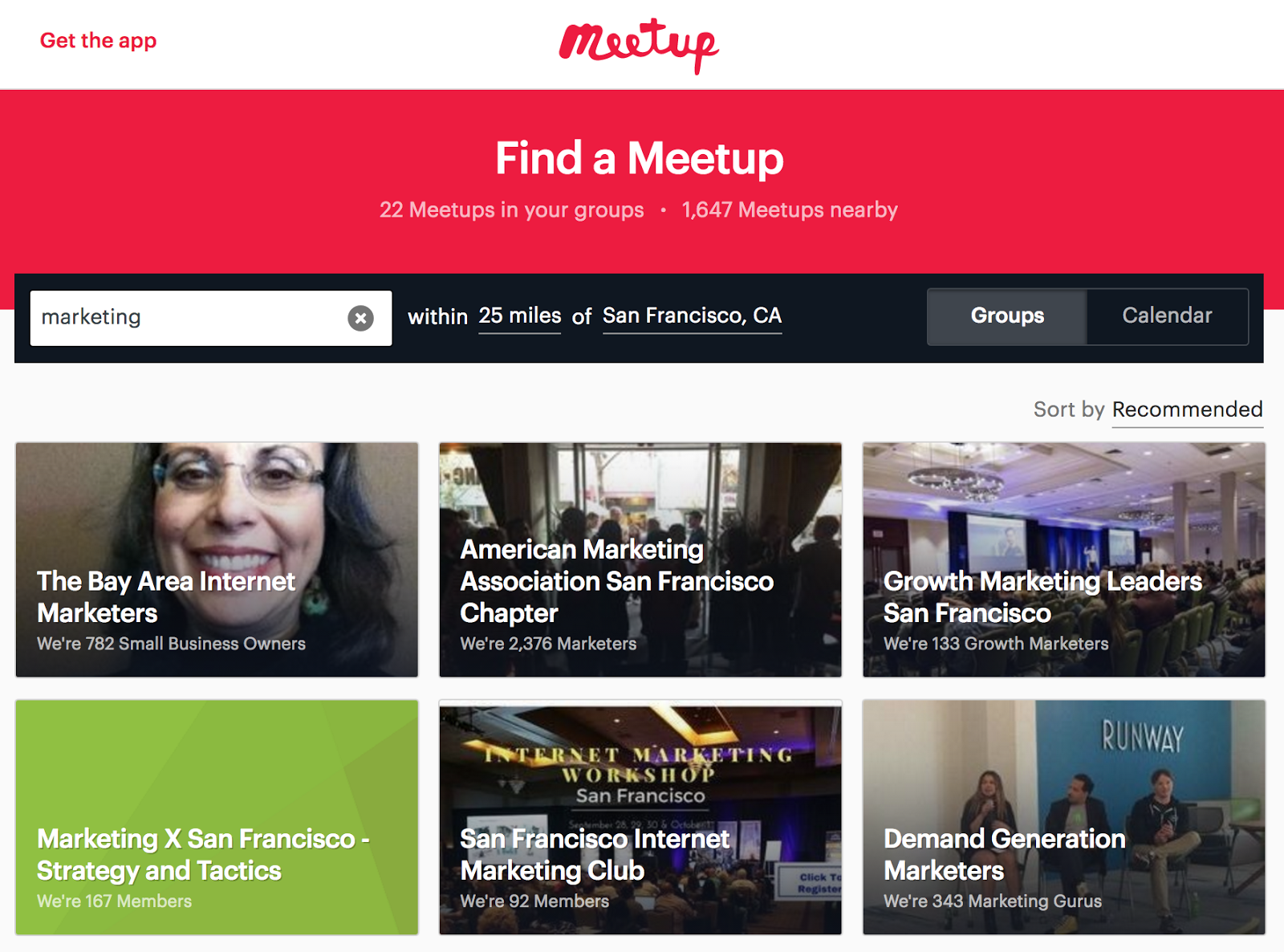
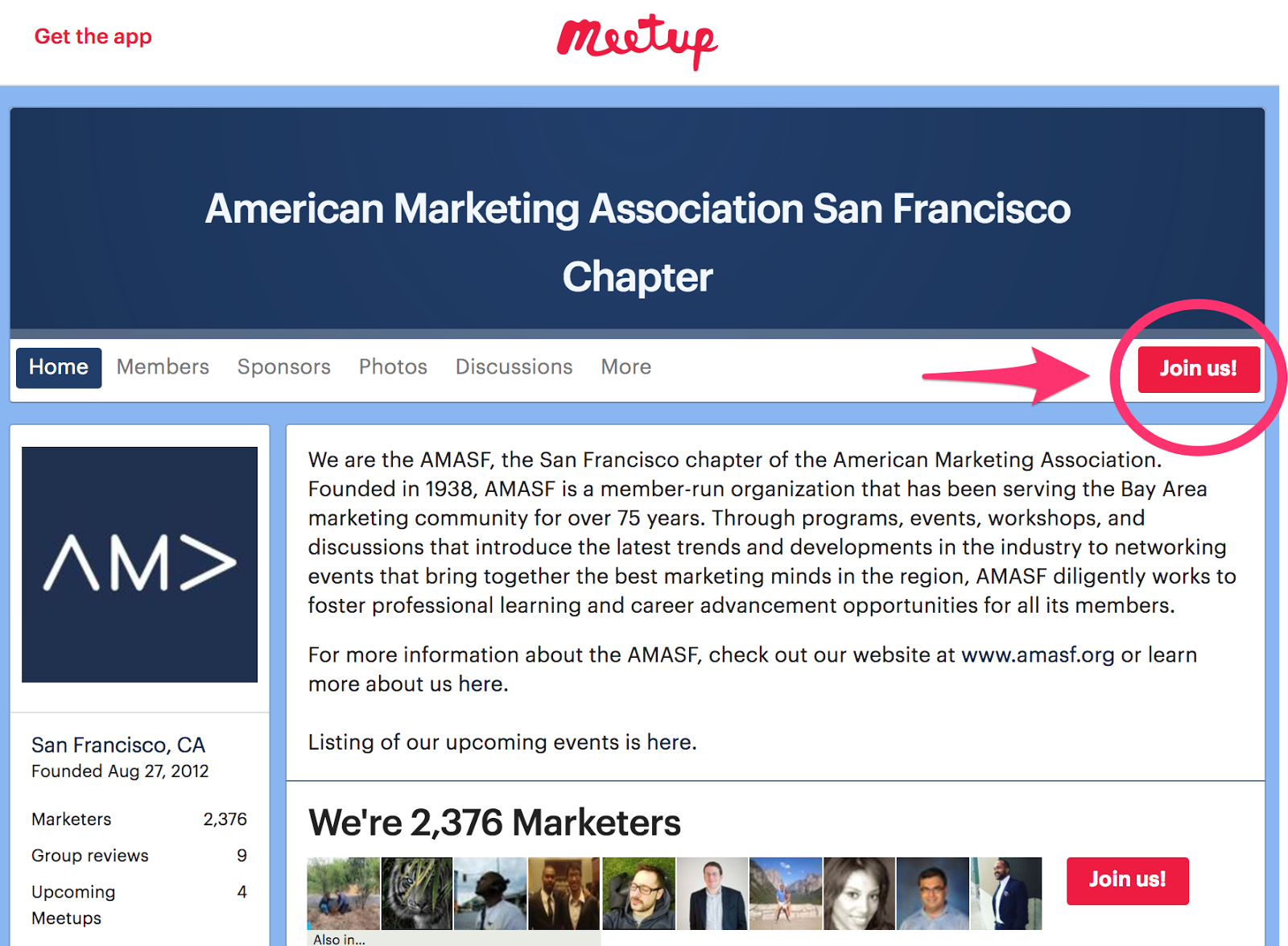
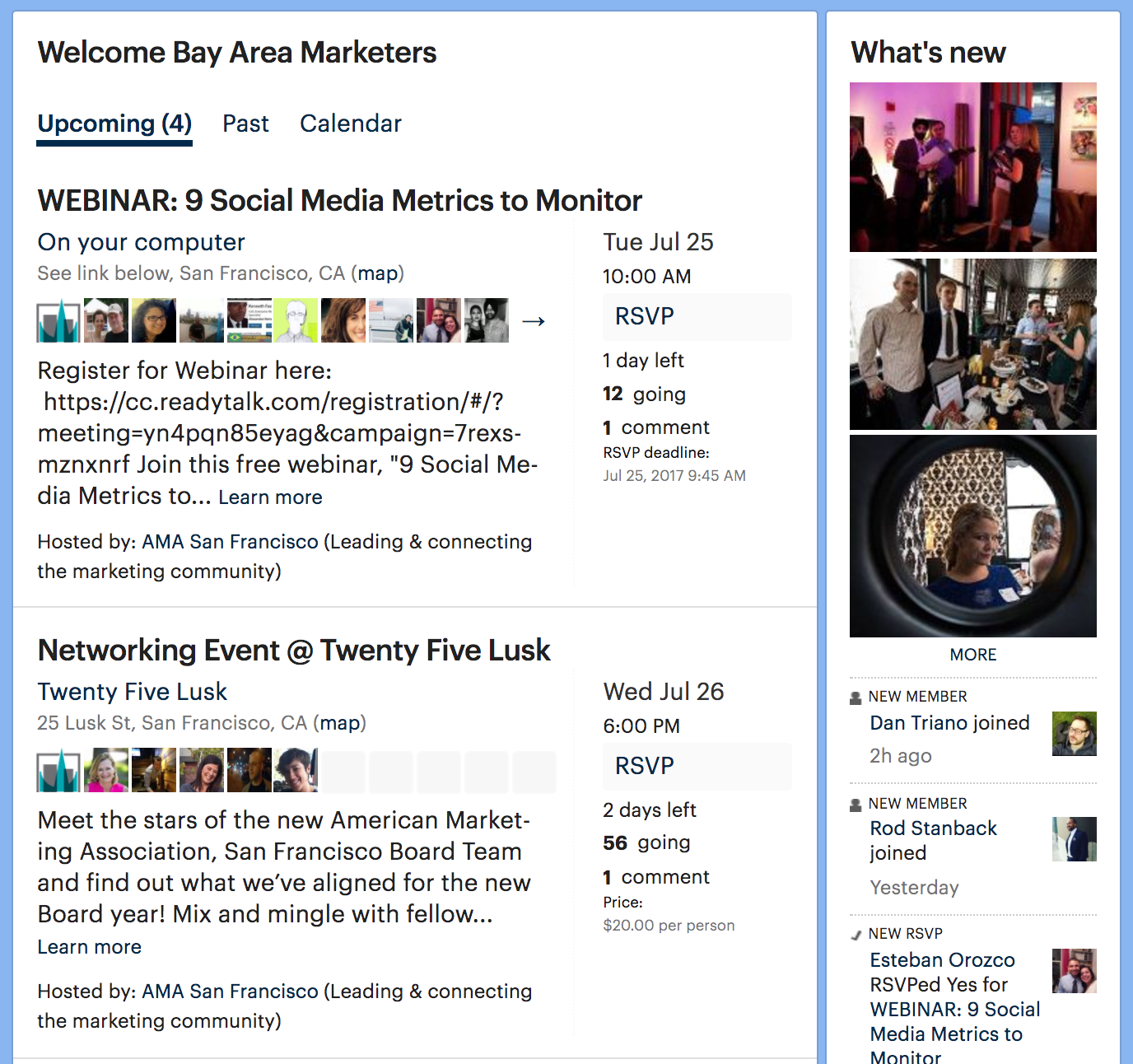


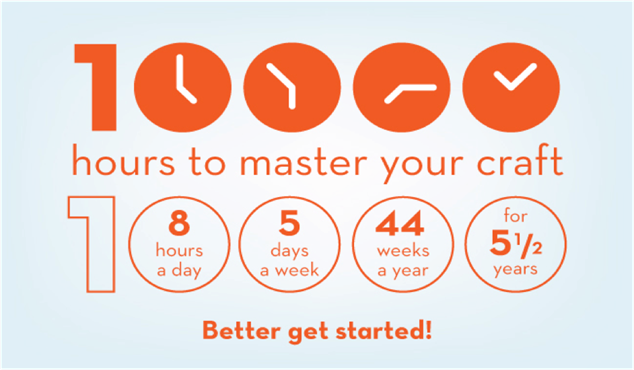
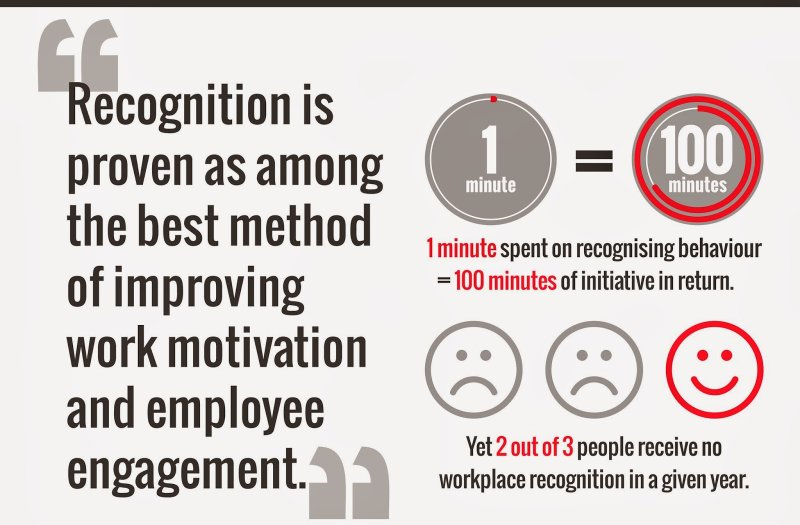
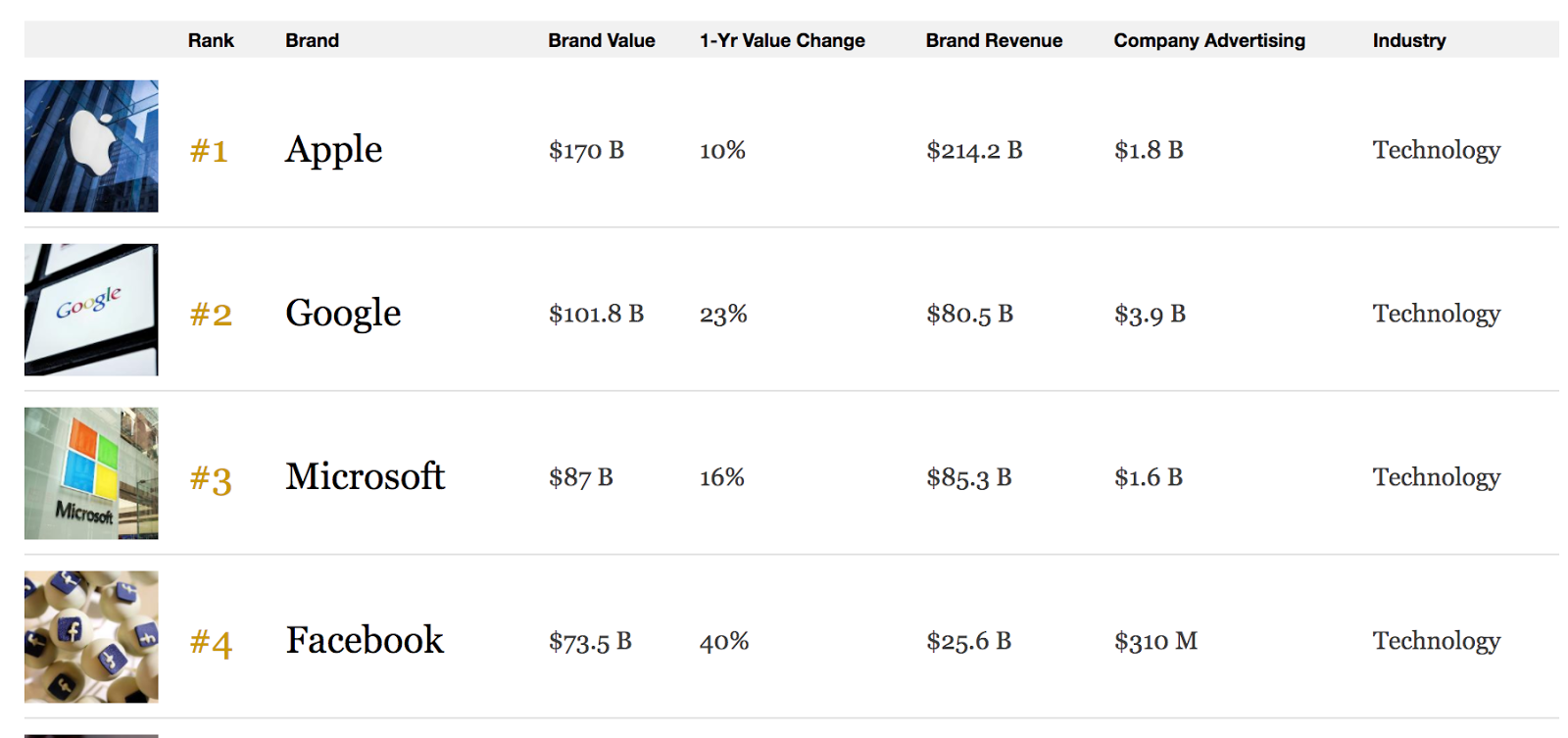
Comments (10)